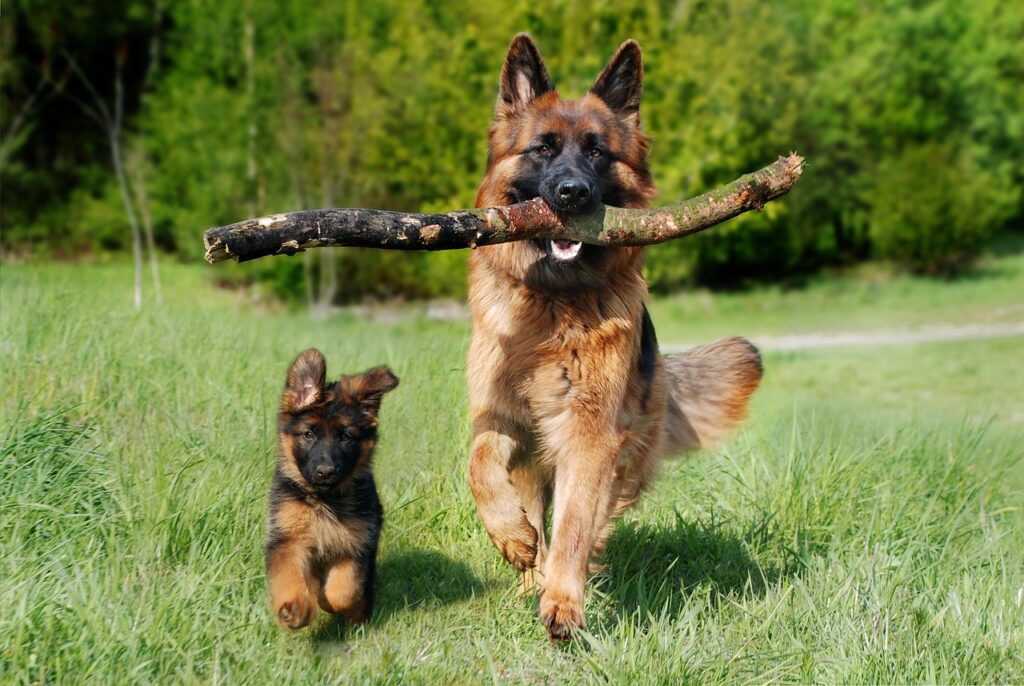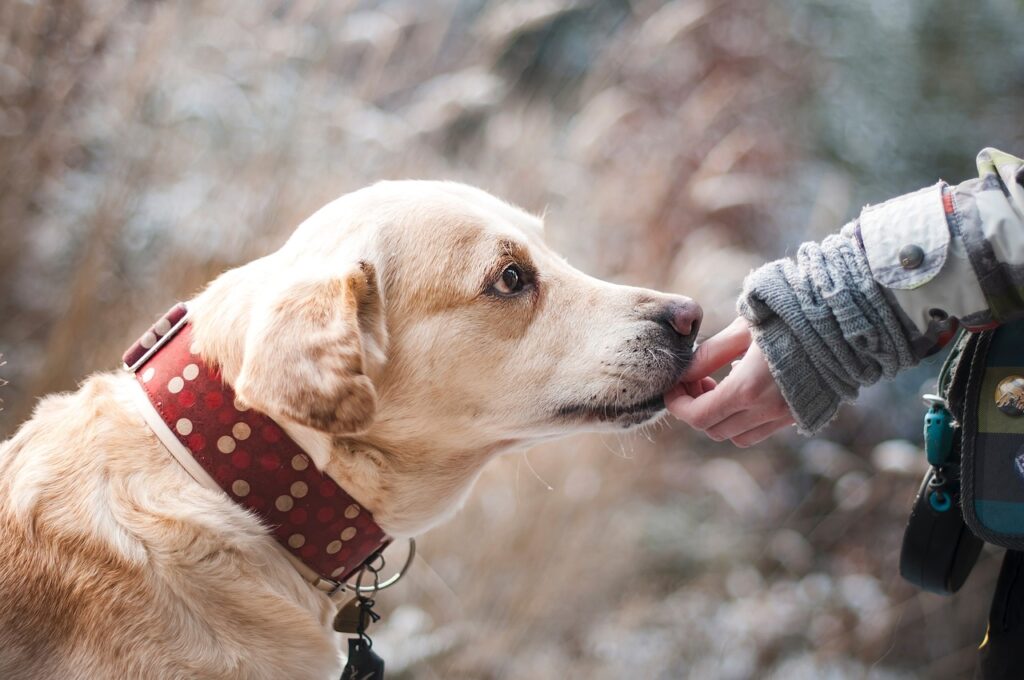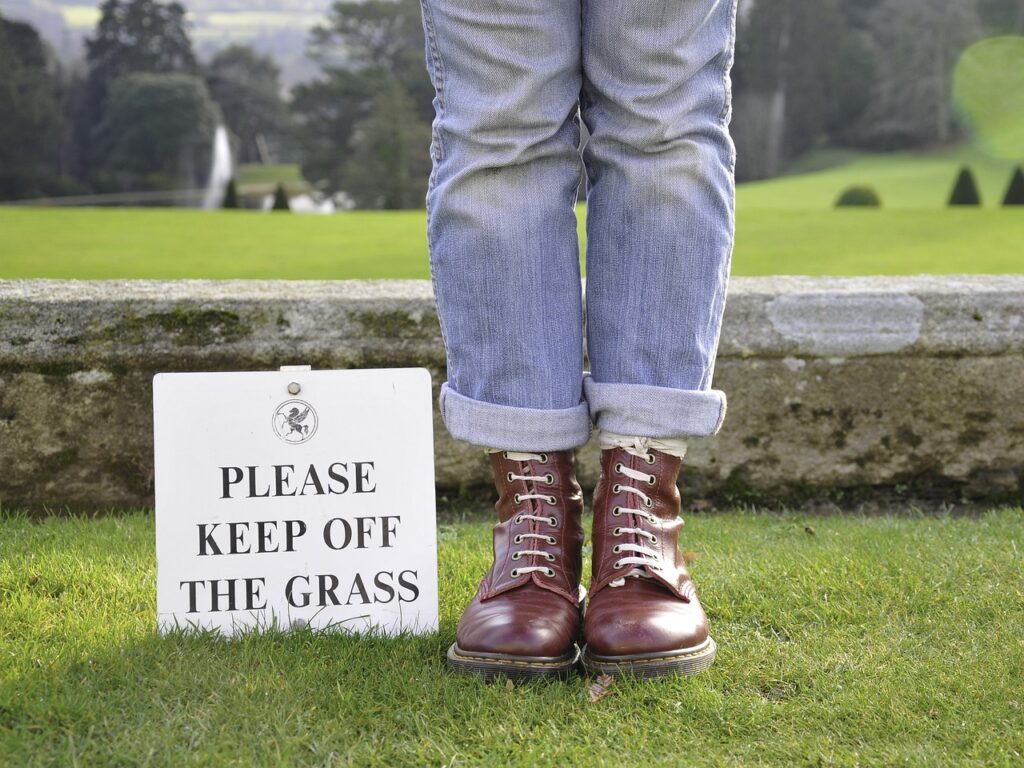
Intro
Overnight pet sitting may seem like a convenient and stress-free solution for pet owners who need to leave town for a night or two. But as many pet sitters have learned the hard way, this seemingly harmless task can quickly turn into a nightmare.
In this cautionary tale, we will explore the dangers and potential consequences of taking on overnight pet sitting without proper preparation and communication.
So before you agree to watch someone’s furry friend while they’re away, read on to learn from the mistakes of others.
Pet sit and travel anywhere in the world for free! Click the button below for more information.
The Unexpected Challenges of Overnight Pet Sitting
Overnight pet sitting may seem like a breeze, but it’s important to be aware of the unexpected challenges that can arise when taking on this responsibility. From misjudging an animal’s behavior to neglecting emergency preparedness, there are several potential pitfalls that can turn a seemingly simple task into a nightmare.
One of the first challenges that pet sitters may encounter is misjudging the behavior of the animal they are caring for. Every pet is unique, with their own personality traits and quirks. While some pets may be easy-going and friendly, others may be more anxious or aggressive. It’s important to spend time getting to know the pet before the overnight stay, as this can help prevent any unexpected incidents or conflicts.
Another challenge that can catch pet sitters off guard is neglecting emergency preparedness. It’s crucial to have a plan in place in case of any unexpected medical emergencies or accidents. This includes having access to the pet’s veterinarian information, knowing how to administer any necessary medications, and being aware of any allergies or health issues the pet may have.
Failing to establish a night routine can also lead to challenges during overnight pet sitting.
Pets thrive on routine, and without one, they can become stressed or anxious. It’s important to discuss with the pet owner what the pet’s normal routine is and try to stick to it as closely as possible. This includes feeding times, potty breaks, exercise, and bedtime.
Communication is key in any pet sitting arrangement, but it can be especially important during overnight pet sitting jobs. It’s essential to keep the pet owner informed of how their furry friend is doing, whether it’s through text updates, photos, or phone calls.
This helps to reassure the owner that their pet is in good hands and allows for any necessary adjustments to be made.
The emotional needs of the pet should never be overlooked. Some pets may experience separation anxiety when their owners are away, and it’s important to provide them with comfort and reassurance. Spending quality time with the pet, providing them with affection, and engaging in activities that they enjoy can help alleviate any anxiety or loneliness they may be feeling.
Misjudging the Animal’s Behavior

When it comes to overnight pet sitting, one of the biggest challenges pet sitters can face is misjudging the behavior of the animal they are caring for. It’s easy to assume that every pet will be well-behaved and easy-going, but that is not always the case. Each pet has its own unique personality, with its own set of quirks and preferences.
Misjudging an animal’s behavior can lead to a host of problems during overnight pet sitting. For example, you might assume that a friendly and outgoing dog will be just as comfortable with a stranger as they are with their owner. However, this may not always be the case.
Some dogs can become anxious or aggressive in new situations, especially when their owners are not present.
Similarly, misjudging a cat’s behavior can also lead to issues. Cats can be known for their independent nature, but they can also be easily stressed and may react poorly to changes in their environment or routine. It’s important to take the time to understand each pet’s individual needs and behavior patterns before agreeing to an overnight pet sitting job.
To avoid misjudging an animal’s behavior, it’s important to spend quality time getting to know the pet before the overnight stay. This can involve meeting the pet and its owner beforehand, observing their interactions, and asking the owner specific questions about the pet’s behavior. It’s also a good idea to take notes or ask for a written guide on the pet’s preferences, routine, and any quirks or triggers to be aware of.

Neglecting Emergency Preparedness
When it comes to overnight pet sitting, neglecting emergency preparedness is a serious mistake that can have dire consequences. You may think that nothing will go wrong and that the pet will be perfectly fine throughout the night. But accidents can happen, and it’s important to be prepared for any unexpected situations that may arise.
First and foremost, make sure you have all the necessary contact information for the pet’s veterinarian. In case of an emergency, you need to know who to call and where to take the pet for immediate medical attention. Keep this information easily accessible, either written down or stored in your phone.
Additionally, familiarize yourself with any specific health issues or allergies the pet may have.
If the pet requires medication, make sure you know how to administer it correctly. This includes knowing the dosage and any specific instructions from the pet owner or veterinarian.
Don’t wait until an emergency happens to figure it out – be prepared in advance.
Having a first aid kit on hand is also essential. You never know when you may need it, and having the necessary supplies readily available can make a big difference in an emergency situation. Your first aid kit should include items such as bandages, antiseptic solution, gloves, and any specific items recommended by the pet owner or veterinarian.
Finally, it’s important to have a plan in case the pet escapes or gets lost during the overnight pet sitting. Make sure you know the pet owner’s preferences for searching for and retrieving a lost pet. Keep a collar and ID tag with your contact information on hand, in case the pet gets out and someone finds them. This can greatly increase the chances of a lost pet being returned safely.
Failing to Establish a Night Routine
When it comes to overnight pet sitting, establishing a night routine is essential for a smooth and stress-free experience. Failing to do so can lead to a variety of challenges and potential issues that could have easily been avoided.
Pets thrive on routine, and without one, they can become stressed or anxious. Imagine if you were used to a certain schedule, and suddenly everything was thrown off.
You wouldn’t feel very comfortable, would you? The same goes for our furry friends.
To avoid any disruptions or unnecessary stress, it’s important to discuss with the pet owner what the pet’s normal routine is and try to stick to it as closely as possible. This includes feeding times, potty breaks, exercise, and bedtime.
Not establishing a night routine can result in a restless pet who may become disruptive or agitated during the overnight pet sitting. They may have difficulty settling down, which can lead to a sleepless night for both you and the pet. This can also disrupt their eating and bathroom habits, leading to potential accidents or digestive issues.
By following the pet’s regular routine, you provide a sense of comfort and familiarity for the pet, which can help alleviate any anxiety or restlessness they may be feeling. It also helps maintain a sense of normalcy, which can greatly contribute to a positive overnight pet sitting experience.
Forgetting the Importance of Communication

Communication is a vital aspect of any successful overnight pet sitting job, yet it is an area that is often overlooked or forgotten. Forgetting the importance of communication can lead to misunderstandings, missteps, and even potential dangers for both the pet sitter and the furry friend they are caring for.
One of the most significant aspects of communication during overnight pet sitting is keeping the pet owner informed. Sending regular updates, whether it’s through text messages, photos, or phone calls, helps reassure the owner that their pet is in good hands and receiving the care they need. It also allows for any necessary adjustments or accommodations to be made if needed.
By neglecting to communicate with the pet owner, you not only leave them in the dark about their beloved pet’s well-being but also miss out on the opportunity to address any concerns or issues that may arise.
Additionally, communication is crucial for understanding the pet’s routine and preferences. Some pets may have specific dietary requirements, exercise needs, or even medication schedules. By establishing open lines of communication with the pet owner, you can ensure that you are meeting all of the pet’s needs and following their usual routine as closely as possible. This helps reduce any potential stress or anxiety that may arise from changes in their environment or routine.
Another important aspect of communication is being proactive about asking questions and seeking clarification. If you are unsure about any instructions or guidelines from the pet owner, it is crucial to ask for clarification rather than making assumptions. This can help prevent any misunderstandings or mistakes that could negatively impact the pet’s well-being.
Disregarding the Pet’s Emotional Needs

While it’s important to focus on the practical aspects of overnight pet sitting, it’s equally crucial not to overlook the emotional needs of the pet. Just like humans, animals have emotions and can experience anxiety, loneliness, and even separation anxiety when their owners are away.
Disregarding their emotional needs can have serious consequences and impact the overall well-being of the pet.
During overnight pet sitting, it’s important to provide the pet with comfort, reassurance, and companionship.
Spending quality time with the pet, engaging in activities they enjoy, and providing them with affection can help alleviate any anxiety or loneliness they may be feeling. Simple gestures like petting, cuddling, or playing with them can make a world of difference.
Understanding and addressing the pet’s emotional needs is especially important if they have a history of separation anxiety. Some pets may become extremely stressed and exhibit destructive behavior or excessive vocalization when left alone. It’s important to be patient, understanding, and provide extra reassurance during these times.
Additionally, following their regular routine as closely as possible can provide a sense of normalcy and comfort for the pet. If they are used to certain activities or rituals, try to incorporate them into your overnight pet sitting routine. This can help ease their anxiety and make them feel more at ease in their temporary environment.
Neglecting House Rules and Boundaries

When it comes to overnight pet sitting, neglecting house rules and boundaries can lead to a whole host of challenges and potential disasters. It’s essential to establish clear guidelines and expectations with the pet owner before embarking on an overnight pet sitting job.
Neglecting house rules and boundaries can lead to a chaotic and stressful experience for both the pet sitter and the furry friend they are caring for. It’s important to respect the rules set by the pet owner regarding areas that are off-limits, such as certain rooms or furniture.
Ignoring these boundaries can result in damage to the home or the pet getting into unsafe situations.
Another important aspect of house rules is respecting the pet owner’s wishes regarding feeding, exercise, and routines. Some pets may have specific dietary restrictions or exercise requirements, and it’s crucial to follow these instructions closely. Disregarding these rules can lead to digestive issues, weight gain, or even medical emergencies.
In addition to respecting the house rules, it’s important to establish your own boundaries as a pet sitter. Make it clear to the pet owner what you are comfortable with and what you are not. This can include things like how many walks per day you are willing to do, if you allow pets on furniture or not, and any other preferences you may have.



